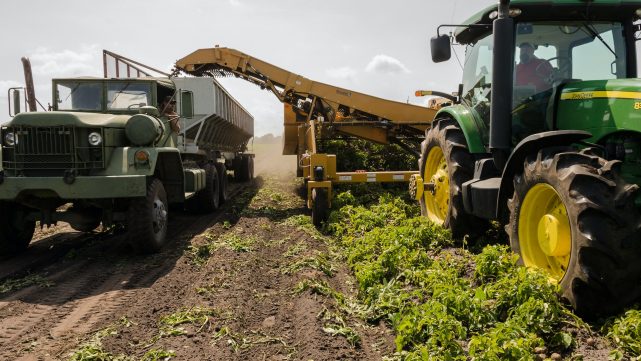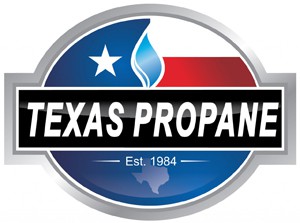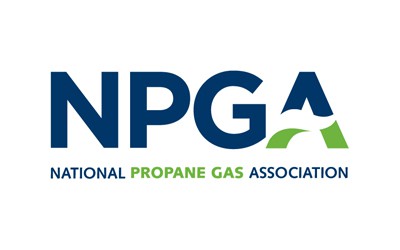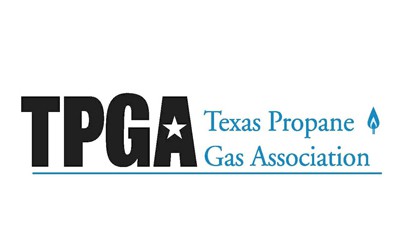
Propane, also known as liquefied petroleum gas or LPG, is a clean-burning and efficient fuel that is widely used in agriculture for a variety of applications. In agriculture, propane is used to power irrigation pumps, grain dryers, and other farm machinery, as well as to heat greenhouses and livestock buildings.
One of the main benefits of propane in agriculture is its efficiency. Propane engines have a high power-to-weight ratio and can operate at a high thermal efficiency, which means they can convert a greater proportion of the fuel’s energy into useful work. This makes propane an economical choice for powering irrigation pumps and other farm machinery, as it can reduce fuel costs and increase productivity.
Propane is also a clean-burning fuel that produces fewer emissions than gasoline or diesel, making it an environmentally-friendly choice for agriculture. It produces fewer harmful air pollutants such as carbon monoxide, nitrogen oxides, and particulate matter, which can contribute to air pollution and have negative impacts on human health.
In addition to its use as a fuel, propane is also used in agriculture as a refrigerant in large-scale refrigeration systems, such as those found in warehouses and cold storage facilities. It is an effective refrigerant because it has a low boiling point, which allows it to absorb and release heat easily.
Propane is a versatile and convenient fuel that is easy to store and transport, making it well-suited for use in agriculture. It is typically stored in tanks on the farm and can be easily refilled as needed.
Overall, propane is an important fuel in agriculture that offers numerous benefits, including efficiency, cost-effectiveness, and environmental sustainability. It is widely used in a variety of applications, including powering farm machinery, heating livestock buildings, and refrigeration.






